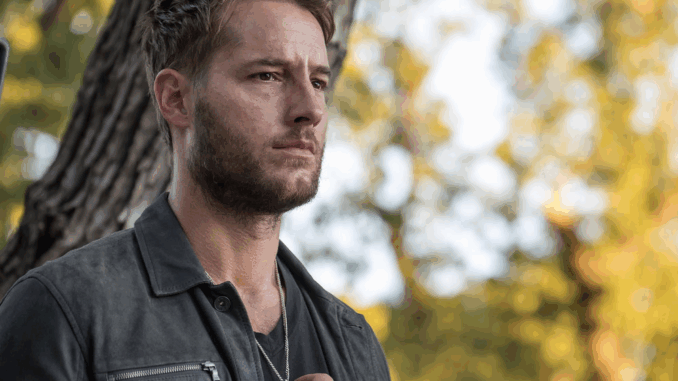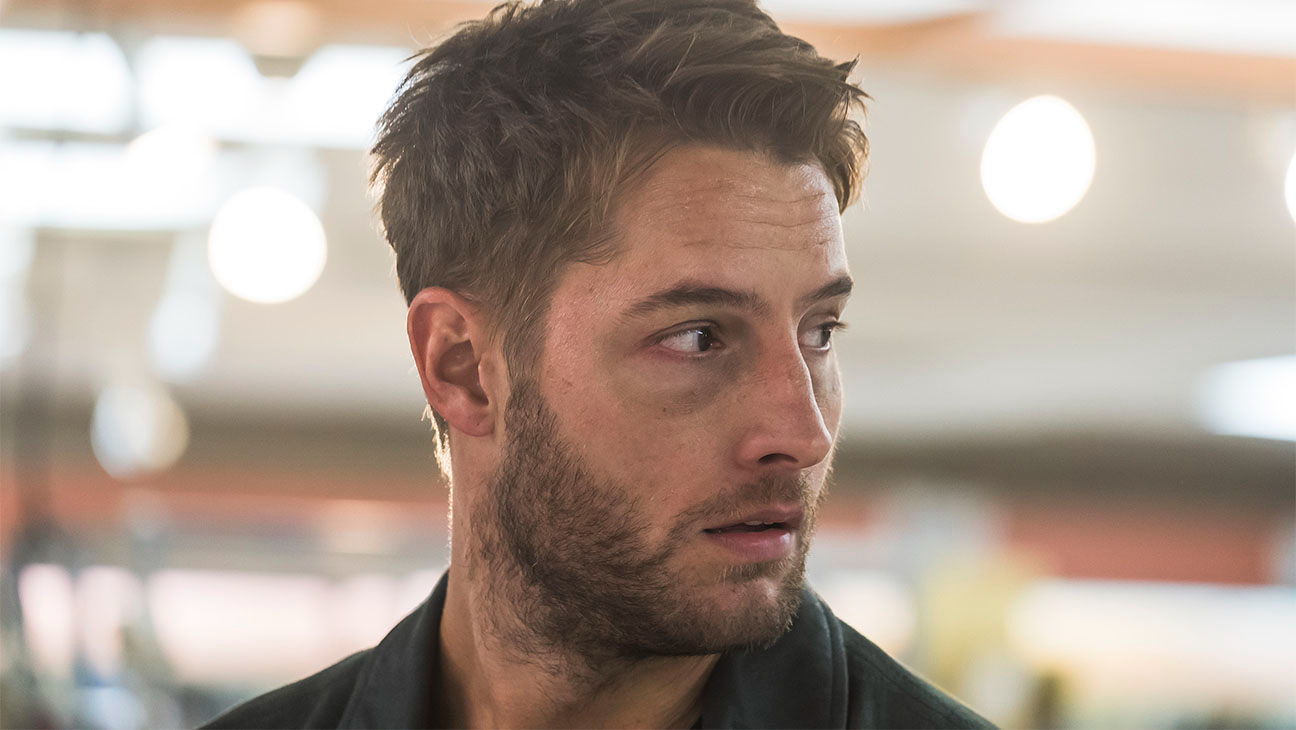
Challenging Stereotypes in Masculine Storytelling
In a career spanning more than two decades, Justin Hartley has carved out a unique space for himself—not by chasing hyper-masculine roles, but by embracing characters who are deeply flawed, emotionally open, and vulnerably human. Whether it’s addiction, abandonment, or insecurity, Hartley’s roles often place him in emotional territory where few leading men are willing to go.
This deliberate choice has helped shift audience expectations of what male characters can look like on-screen—and, more importantly, how they can feel.
Kevin Pearson: Breaking Down on Purpose
Perhaps the clearest example is his portrayal of Kevin Pearson in This Is Us. What begins as a seemingly arrogant, fame-chasing actor slowly transforms into one of the show’s most wounded and layered characters. Kevin’s struggles with alcoholism, identity, fatherhood, and grief made for some of the show’s most heartbreaking episodes.
“When I read Kevin’s scenes, I didn’t see ego,” Hartley explained in an interview. “I saw pain. I saw a little boy who never felt good enough.”
His performance helped normalize therapy, vulnerability, and emotional growth for men—particularly in a television landscape where those themes are still too rare.

Tracker and the Weight of Isolation
In Tracker, Hartley plays Colter Shaw, a man on the move, always chasing someone or something—yet rarely finding peace. While the show has action and suspense, at its heart is a man emotionally scarred by a traumatic upbringing, family estrangement, and unresolved guilt.
What makes Hartley’s performance stand out is that he lets silence speak. Colter doesn’t say much, but his eyes carry grief, anger, and longing. It’s subtle work—understated but impactful.
“I wanted him to be brave, but broken. Capable, but lonely,” Hartley said of the role.
Choosing Depth Over Heroism
Across various projects—Smallville, The Noel Diary, Capital Veins—Hartley has resisted the easy path of playing the untouchable hero. Instead, he gravitates toward men who are wrestling with some internal fracture. The pattern isn’t accidental; it reflects Hartley’s belief that storytelling matters most when it’s honest.
“Perfection isn’t interesting,” he once said. “Flaws are where the story begins.”
Redefining Leading Men
By continuously playing men who cry, stumble, relapse, and still strive forward, Hartley is helping to redefine what strength looks like. His characters rarely conquer the world, but they survive it—and that quiet survival often resonates more deeply than traditional heroism.
In doing so, Justin Hartley has emerged as an actor not just of charm or looks, but of substance and emotional courage.
